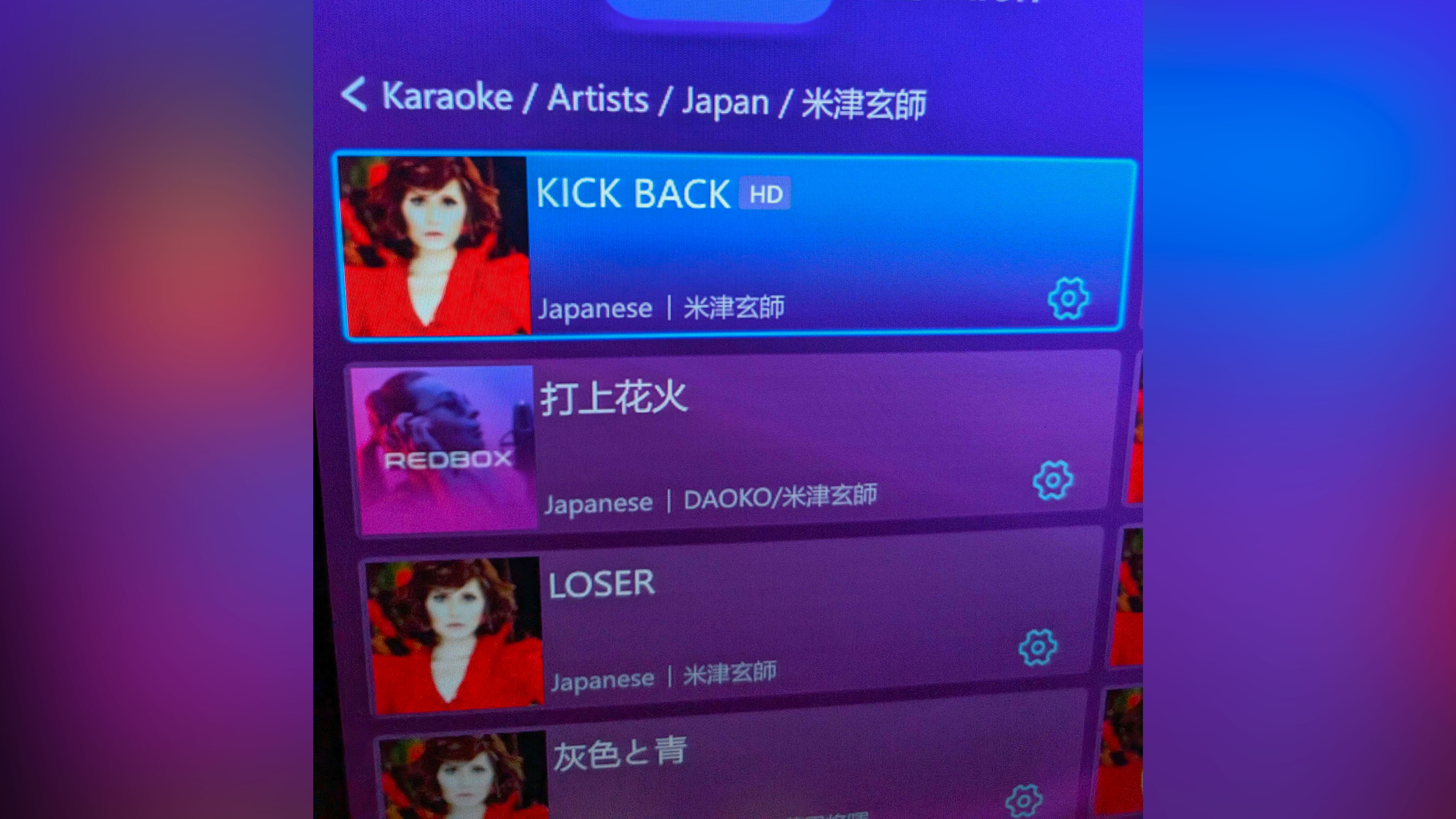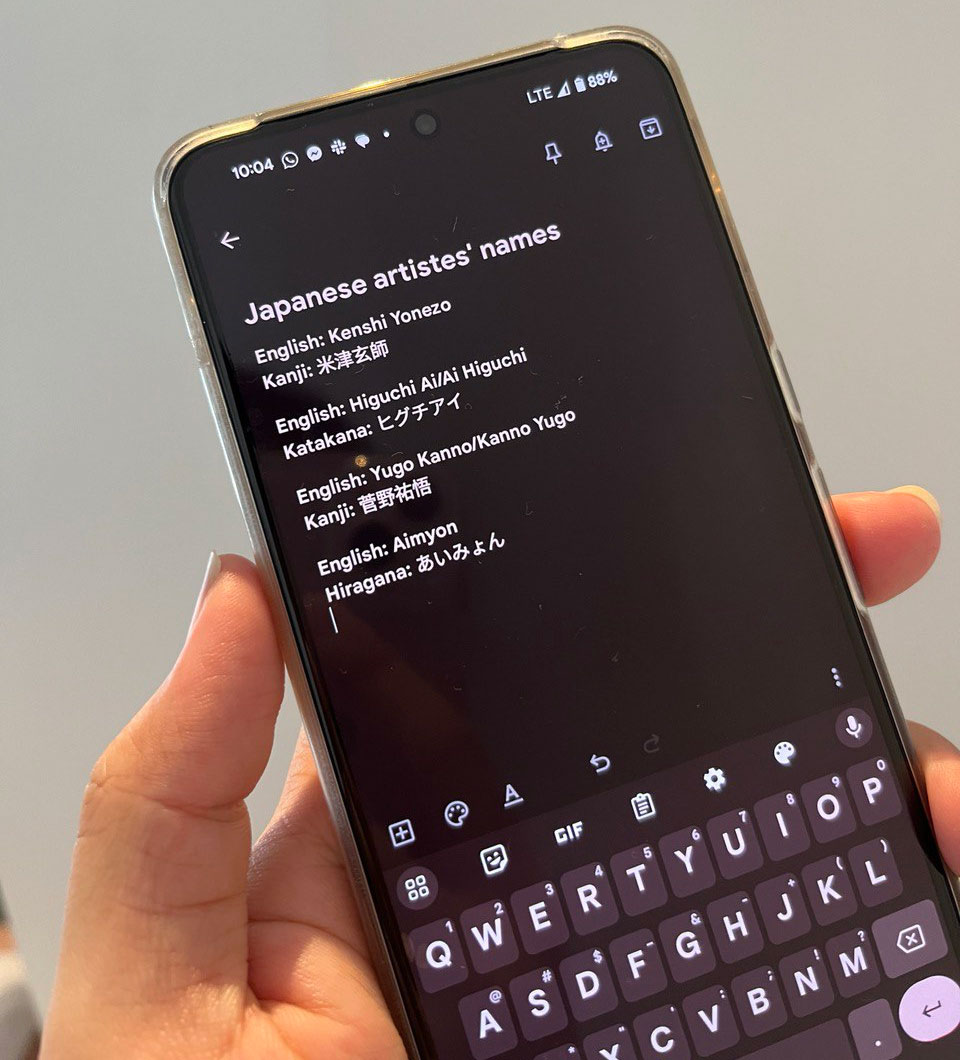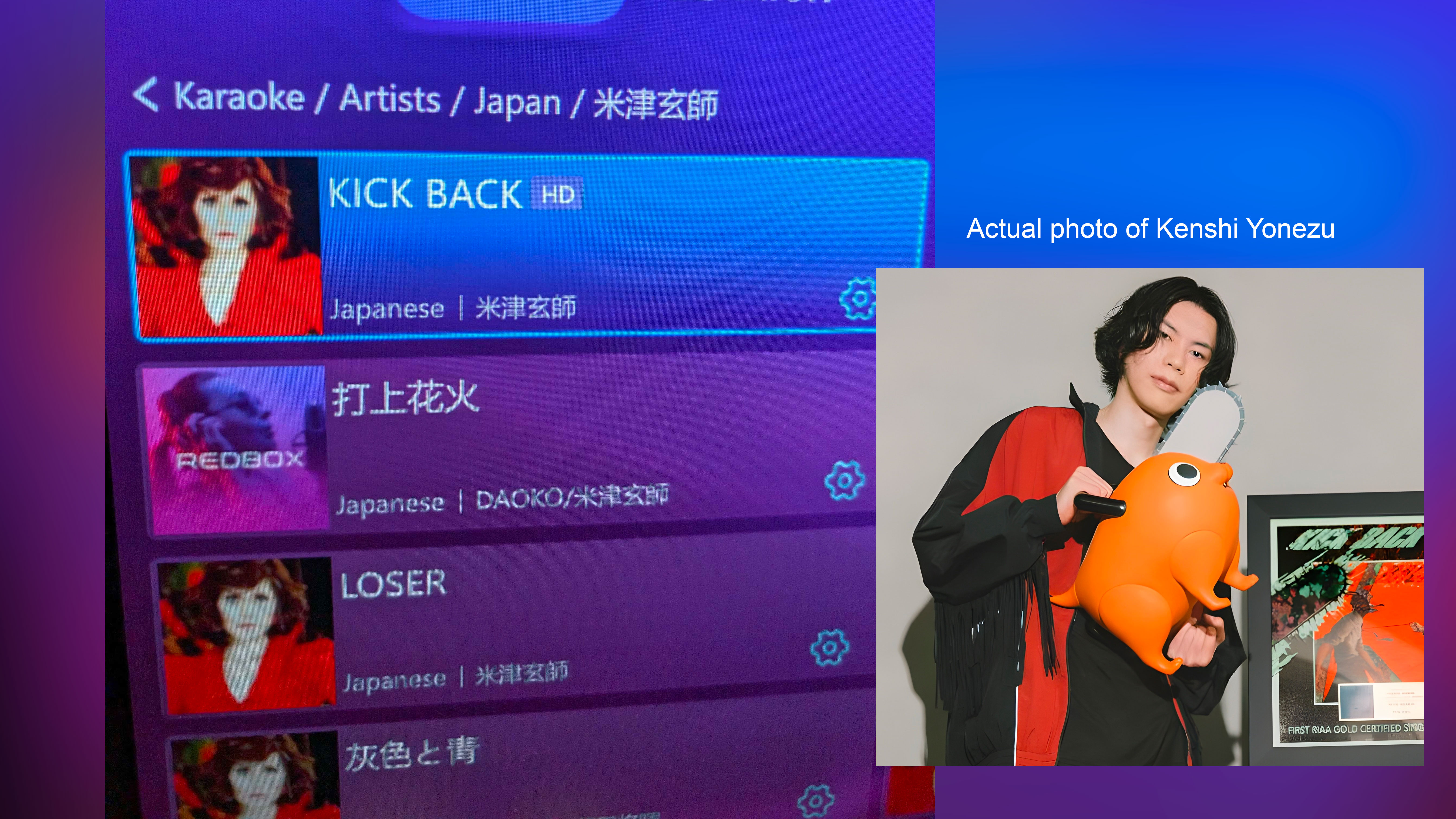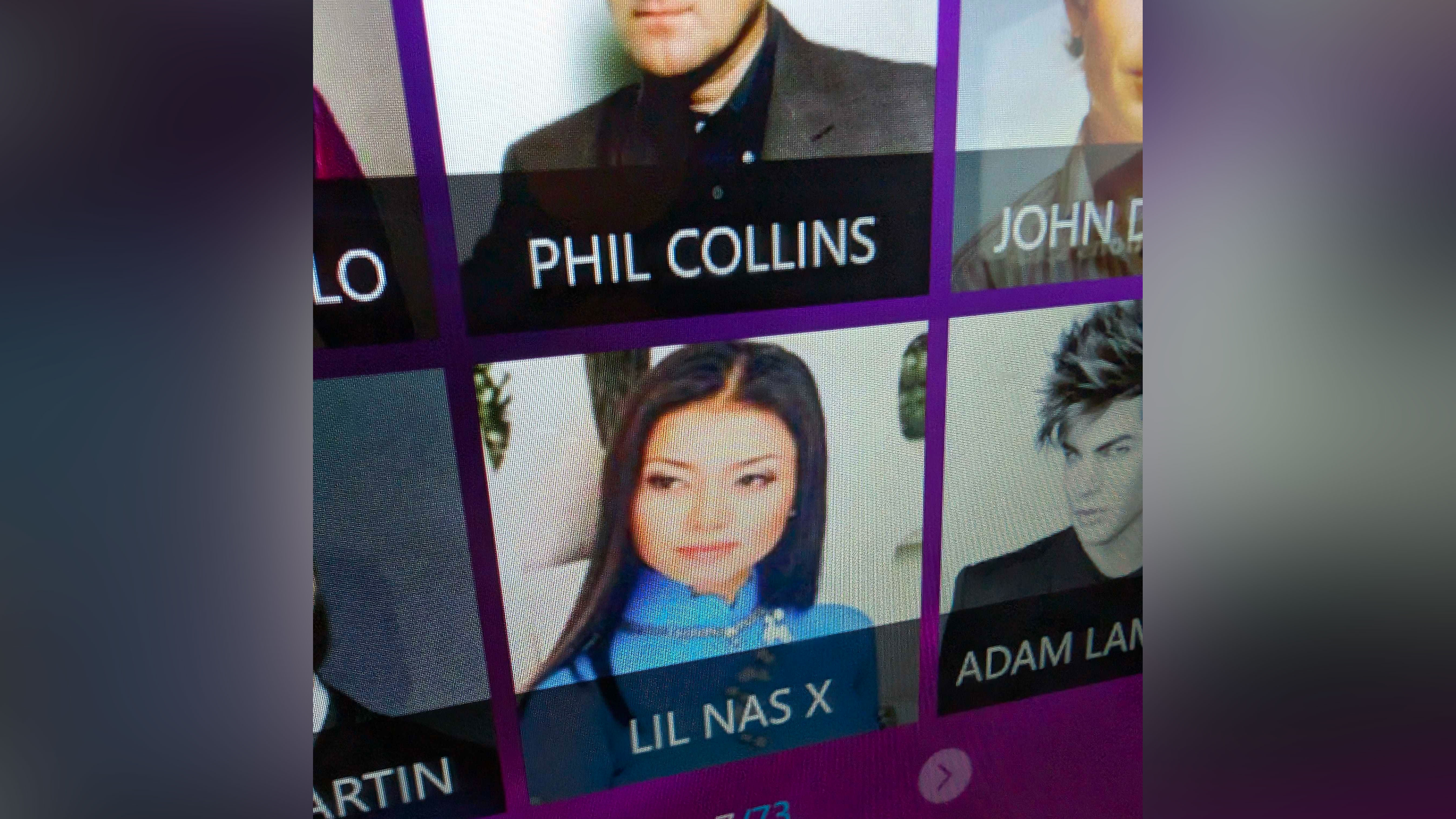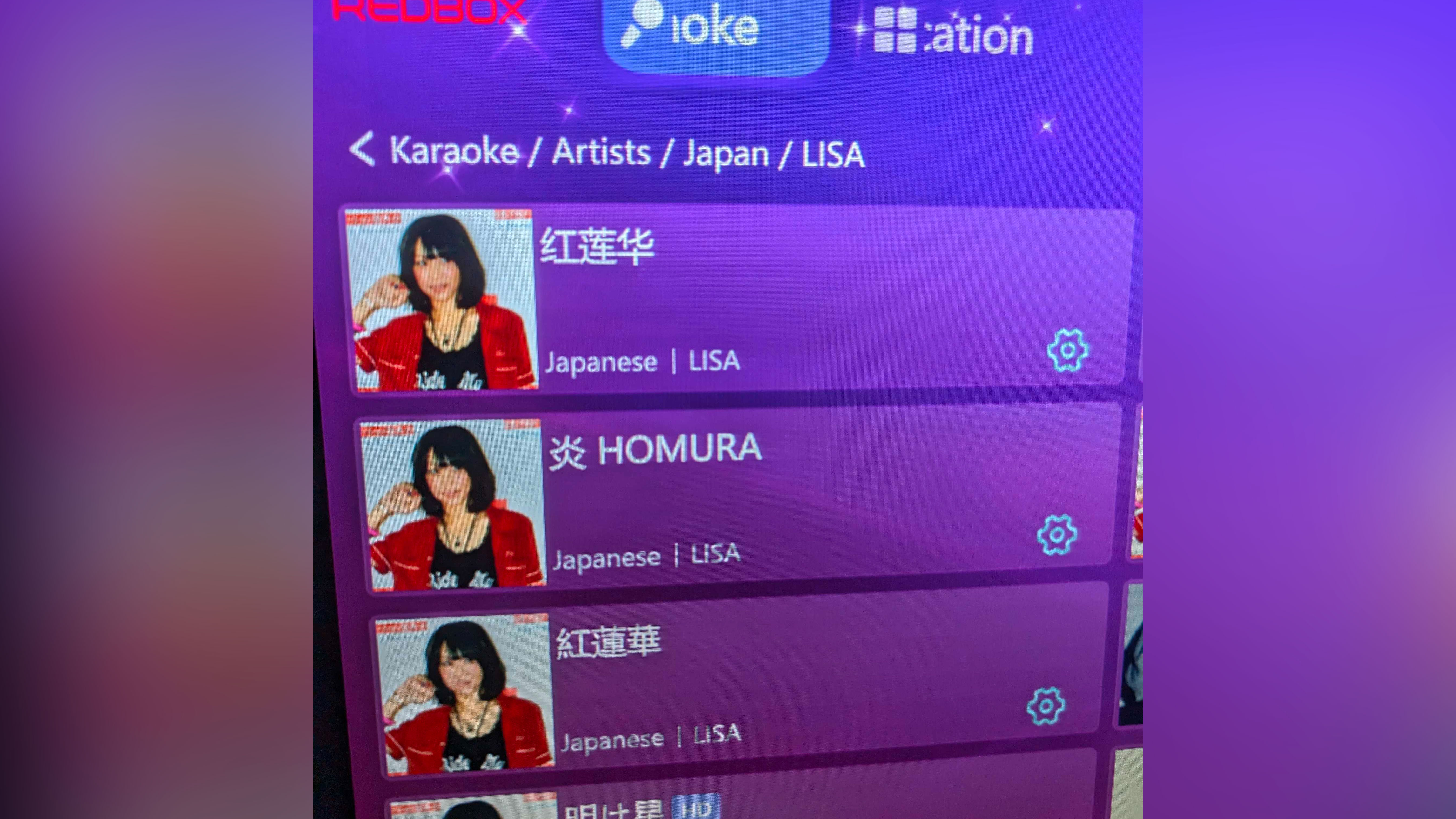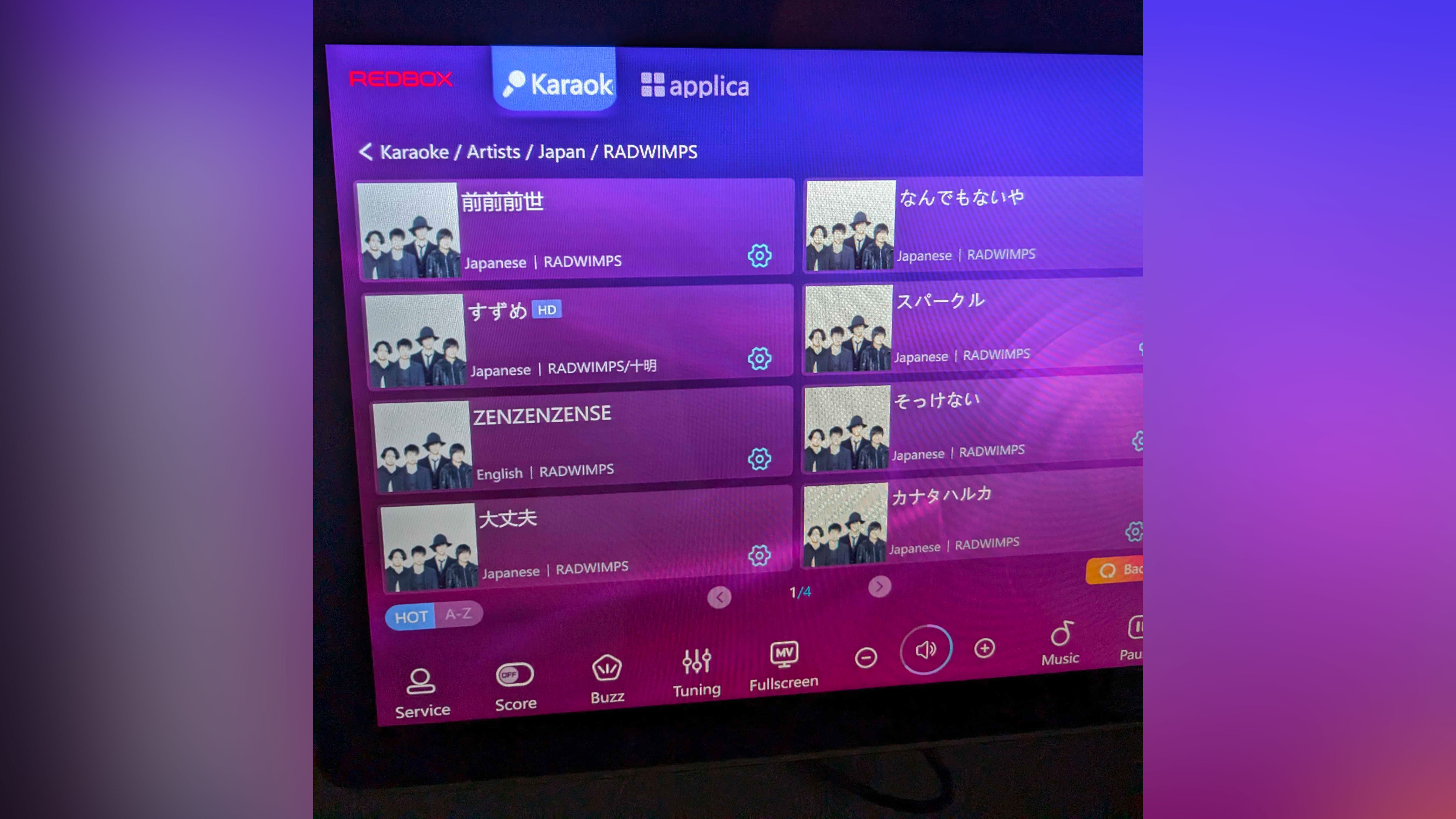Here's A Guide To Choosing Japanese And Anime Songs At Karaoke Establishments In Malaysia
Did you know that the first karaoke machine was invented in Japan?
Malaysians have a diverse musical taste, enjoying songs not only in Bahasa Melayu and English, but also embracing melodies other mother tongues like Mandarin and Tamil
Some take our musical explorations even further. Thanks to globalisation, we're exposed to entertainment from various countries, including India, Thailand, South Korea, and Japan, among others.
Due to the sheer size of the K-pop industry, many local karaoke establishments in Malaysia offer a wide selection of Korean songs in their system.
However, the same can't be said for J-pop or J-rock tunes. While many local karaoke joints have limited Japanese song options, they're not entirely absent.
If you know your way around the Japanese language, which uniquely comprises three writing systems — Kanji, Hiragana, and Katakana — you might just uncover your favorite anime songs in the mix.
So, if you're itching to sing Japanese songs during your karaoke session, here is a step-by-step guide on how to search them
1. Google the Japanese artiste's name to find out how it is written in Kanji, Hiragana, or Katakana
Some Japanese artistes' names are more commonly known in Roman letters, while others are popularly known in Kanji. Some even stylise their names in Hiragana and Katakana!
This step is crucial to successfully locating their songs in the karaoke systems.
For example, let's consider Kenshi Yonezu, the singer of Chainsaw Man's opening theme. His name in Kanji is written as "米津玄師".
As for the singer of Crayon Shin-chan: Honeymoon Hurricane's theme song, Aimyon, her name in Hiragana is written as "あいみょん". She does not have a Kanji or Katakana name.
Depending on the artiste, they are typically known by one Japanese name — which could be in Kanji, Hiragana, or Katana — and another in Roman letters.
2. Have your phone display the singers' names for easy reference
Avoid memorising the shape of the characters, as Japanese characters can look very similar at times, especially some Hiragana and Katakana characters that share the same phonetic.
Have your phone display the singer's names in both Japanese and Roman letters as you navigate through the pages in the karaoke system to ensure you don't miss it.
3. Set the search feature in the karaoke system to display results in alphabetical order
For frequent karaoke-goers, it's common knowledge that the search feature in their system only works half the time.
The easiest method that works for me is to go to the 'Artiste/Singer' page, select 'Japanese', and sort the list in alphabetical order.
Now, just browse through the list and pay special attention when you come across pages that share the same phonetic or initial letter as the singer you are looking for.
4. Don't rely solely on the images in the system
Using the same example above, for some reason, the karaoke system at the establishment I visited featured a woman's photo on Kenshi Yonezu's profile.
To illustrate its unreliablility, Lil Nas X is depicted as an Asian woman in the system. Being aware of this will make your search process much smoother.
5. Once you have found your artiste, select the songs you want and make sure you know the names of their songs in all four possibilities
The names of the songs can be written in Roman letters, Kanji, Hiragana, or Katakana.
Take LiSA's Gurenge, the opening theme of Demon Slayer, for example. The name of the song is written in Kanji as "紅蓮華" at the karaoke establishment I went to.
You would have missed it if you had only looked for the name of the song in Roman letters.
In RADWIMPS' song list, the band that performs most songs in Makoto Shinkai's movies such as Your Name and Weathering With You, the names of their songs are written in Roman letters, Kanji, Hiragana, and Katakana.
Their song Zenzenzense even appears twice in their song list: once in Roman letters, and another time in Kanji, " 前前前世".
6. If all else fails, try searching again by switching the position of their first name and last name
Traditionally, family names come first in Japanese, similar to the practice in China and South Korea.
However, by the end of the 19th century, Japan began adopting the Western custom of placing the given name before the family name, particularly in English writing.
Hence, you might not know whether the singer's names are written in the correct order. Searching their names by their first names and last names separetely might help you find them in the karaoke system.
If you still can't find the artistes you are looking for, it's possible that the system doesn't have them at all. Try talking to the employees or send a song request through their system.
